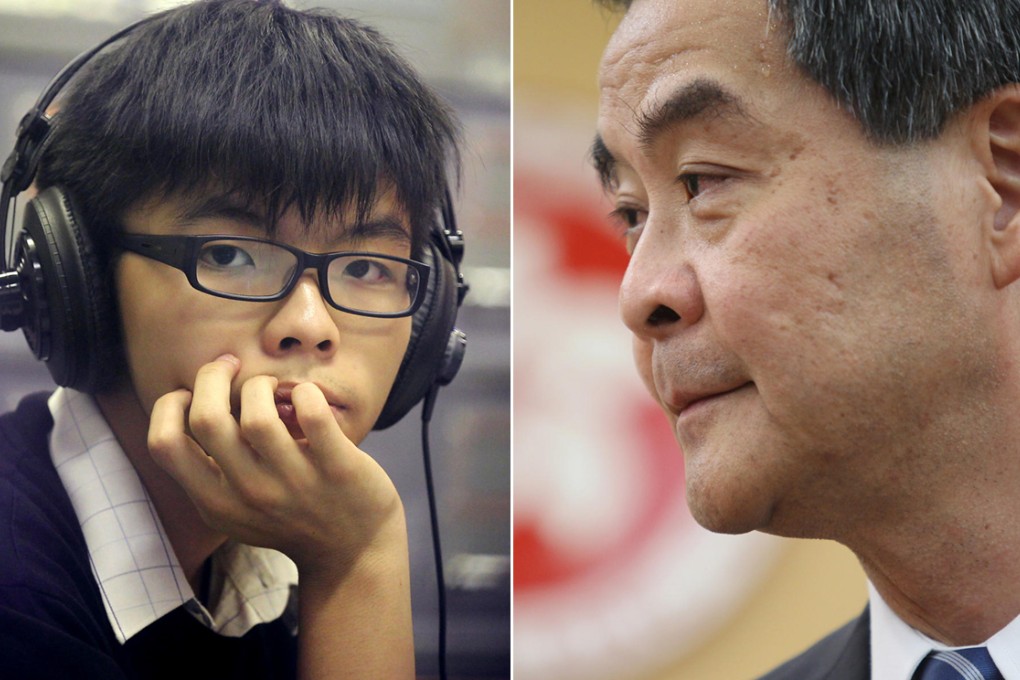The View | Time for new leadership in Hong Kong
To mitigate the threats from the Occupy protest, HK should have a directly elected legislature with the chief executive appointed by Beijing

In War and Peace, Leo Tolstoy played down the role of human agency in shaping events, writing that "a king is history's slave".
Historical events can easily overtake any leader and civil disobedience evolve into civil resistance as government and business leaders refuse to understand and respond to events.
Seen in that context, the threats that confront Hong Kong's economy and society are likely only to worsen.
For a taste of how the young generation sees that confrontation shaping up, read the article written by Occupy Central's teenage talisman, Joshua Wong Chi-fung, published in the New York Times on October 29.
"I would like to remind every member of the ruling class in Hong Kong. Today you are depriving us of our future, but the day will come when we decide your future. No matter what happens to the protest movement, we will reclaim the democracy that belongs to us, because time is on our side."
For some, this is effectively a declaration of war on Hong Kong's business and government elite. It is smarter to think about it as the core of a manifesto for change in this city. Because when a teenage student can inspire and communicate to people better than any of the government and business leaders, it is time to conclude that the city's elite is incapable of producing respectable and credible leaders.
Only bold reform will prevent Hong Kong and the mainland from becoming two peoples
